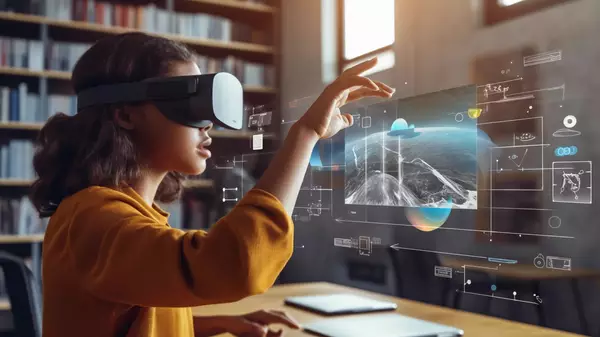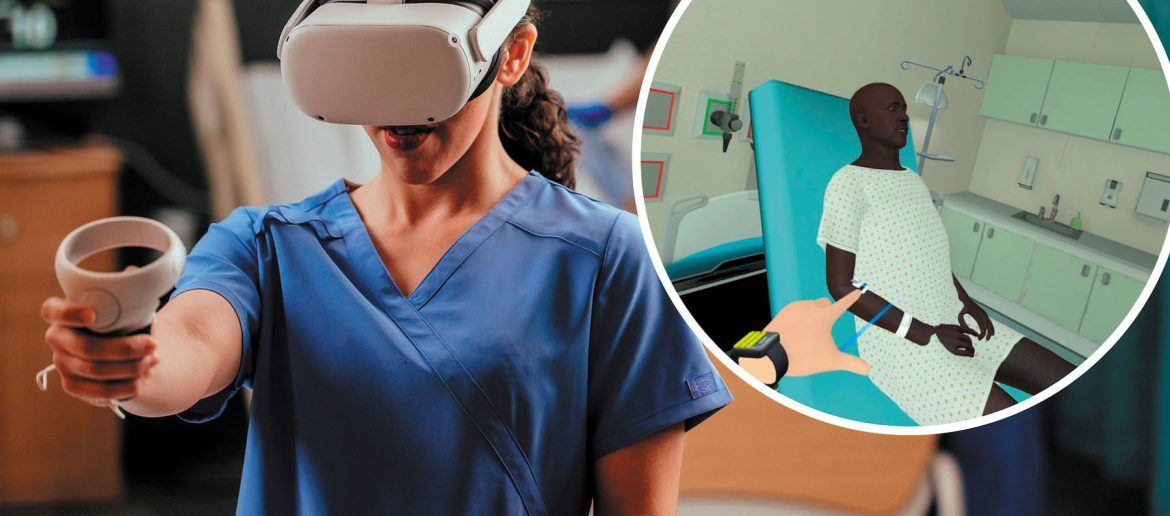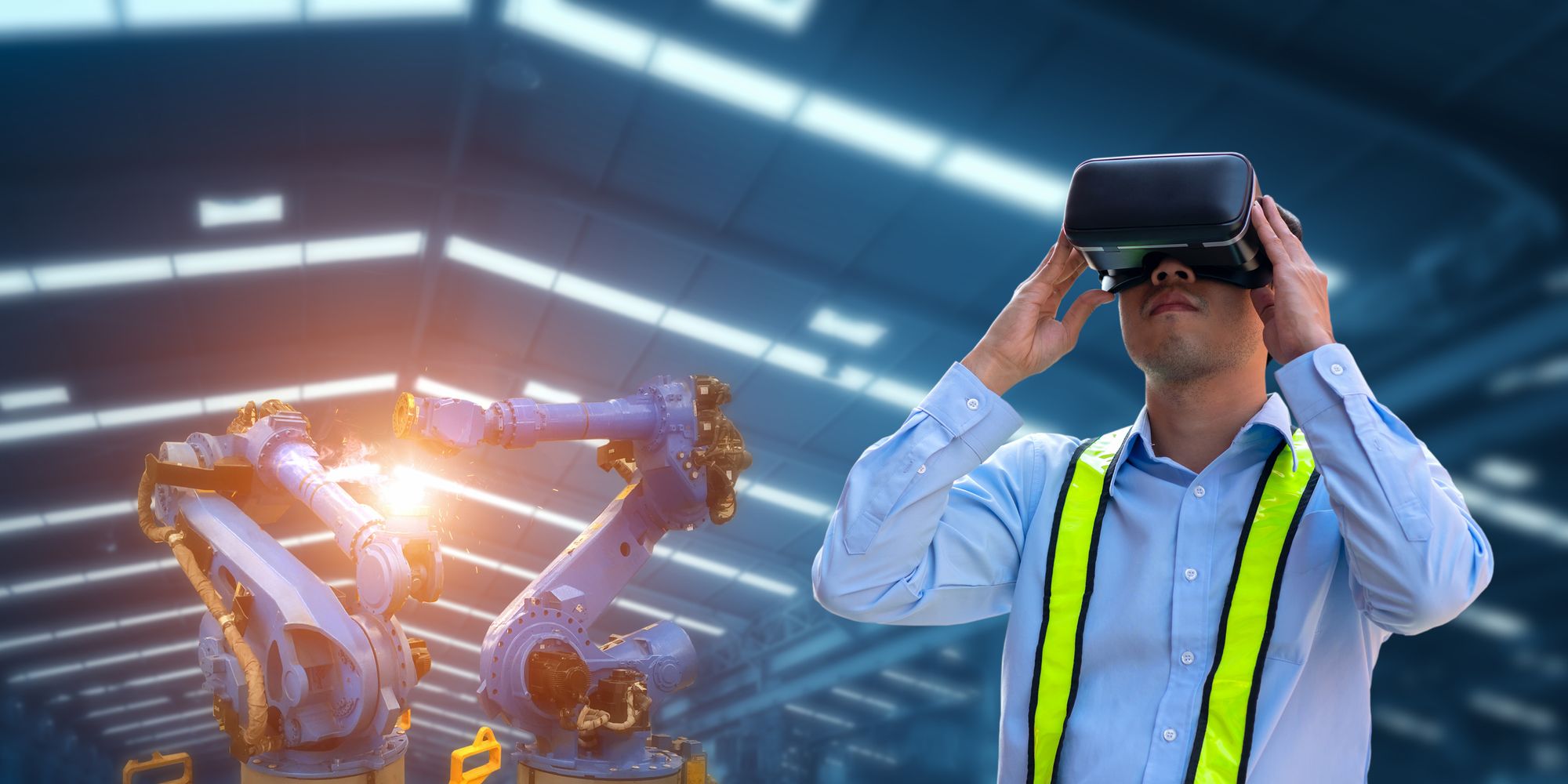Virtual Reality (VR) technology, once a futuristic dream, is now a tangible and rapidly evolving reality. Initially popularized through gaming, VR is breaking boundaries and finding applications in various other fields, offering immersive experiences that were previously unimaginable.
In this article, we delve into the diverse and innovative uses of VR beyond the realm of entertainment. In education, VR is transforming the way students learn, allowing them to explore virtual environments, from the human body to outer space, enhancing engagement and understanding. In medicine, it's used for training surgeons in a risk-free environment and for therapeutic purposes, helping patients overcome phobias and PTSD.

VR is also making significant inroads in the business world, from virtual meetings and conferences to product design and real estate tours. It offers a new dimension of interaction and visualization, opening up possibilities for remote collaboration and marketing.
One of the most promising applications of VR is in cultural preservation. It allows us to digitally reconstruct historical sites and artifacts, providing access to cultural heritage that might otherwise be lost or inaccessible.
Despite its potential, VR technology faces challenges, including the need for more realistic graphics, better user interfaces, and addressing the physical discomfort some users experience. However, as technology advances, these hurdles are rapidly being overcome.

The horizon of Virtual Reality (VR) beckons with tantalizing prospects that promise to elevate our experiences to unprecedented heights of immersion and interactivity. The evolution of VR stands poised at the precipice of a transformative era, one characterized by the fusion of haptic feedback and the inexorable march of Artificial Intelligence (AI). In this brave new world, VR experiences are poised to transcend the boundaries of realism, immersing participants in intricately detailed and hyper-personalized virtual realms.
The integration of haptic feedback, a pioneering leap in VR technology, empowers users to not just see and hear their virtual environments but to touch and feel them. This sensory layer enhances immersion to unprecedented levels, permitting users to engage with digital worlds in a manner that blurs the line between the virtual and the physical. As users interact with virtual objects and environments, they receive tactile feedback, heightening the illusion of presence and realism.
Moreover, AI's ever-expanding capabilities usher in an era where VR experiences are not merely static simulations but dynamic and adaptive ecosystems. AI algorithms analyze user behavior, preferences, and biometric data to dynamically tailor virtual environments and narratives. This personalization ensures that each user's journey through the virtual realm is uniquely tailored to their desires, enriching the immersive experience and fostering a deeper emotional connection.
The convergence of these advancements heralds a profound shift in our understanding of reality itself. We stand on the verge of an era where the boundaries between the virtual and the physical become increasingly porous, leading to the emergence of a new hybrid reality. This transformative landscape will blur distinctions, enabling individuals to seamlessly transition between digital and physical spaces, redefining our perception of the world and the nature of our interactions within it.
While VR has often been associated with escapism and entertainment, its potential transcends mere diversion. It is a technology poised to enhance various facets of our lives, from education and training to scientific exploration and therapeutic applications. As we continue to push the boundaries of VR, the possibilities that unfold are limited only by the boundless scope of human imagination. We are on an exhilarating journey, where the realms of the real and the virtual intertwine, offering untold opportunities for innovation and discovery. The future of VR is not a distant dream; it is a tangible reality waiting to be explored, reshaping our world and expanding the horizons of human experience.





